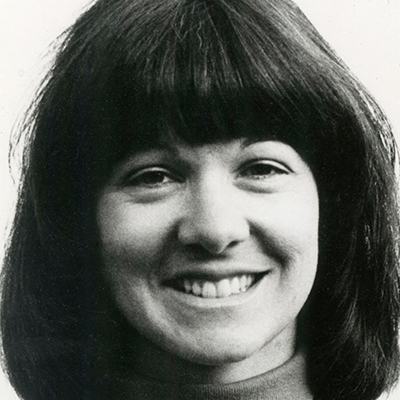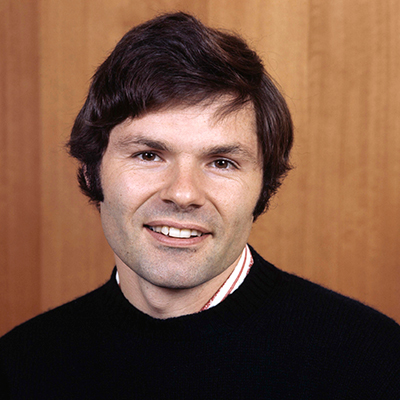As WEHI alumni who’ve enjoyed successful careers, Stan and Karen Chism have first-hand experience of the opportunities and pathways that a science degree can open.
They’re both passionate about supporting the next generation of researchers who may not otherwise have the avenues, connections or resources to succeed.
Stan and Karen Chism possess a deep connection to both Australia and the WEHI community.
Their passion is directly focused on supporting First Nations Australians who encounter obstacles when accessing opportunities, specifically in the scientific field. Their second focus is on distributing the funds now rather than in the future, such as by an endowment.
They admire the collegiality, inclusiveness and support they experienced at WEHI in the 1970s which they believe still holds true today.
Their journey with WEHI began in 1974 when Stan, a newly hired assistant professor at the University of California, San Francisco, deferred his position to pursue a postdoctoral fellowship at WEHI, drawn by its groundbreaking cancer immunology research.
“I first heard about WEHI when I read the 1969 book Self and Not-Self by [Sir Frank Macfarlane] Burnet,” says Stan.
“In the spring of 1976, I met with Ian MacKay when he was attending a meeting in Washington DC. He offered me the opportunity to pursue postdoctoral fellowship training in his lab.
“When I arrived at WEHI in the summer of 1976, it was soon apparent that the opportunity with Ian was too clinical for my plans, but downstairs on the first floor Noel Warner was pursuing several research projects that were perfectly in line with what I wanted to study.”
During their two-year tenure in Melbourne, Stan and Karen fostered enduring friendships and made substantial contributions to our understanding of oncofetal antigens, which are prevalent in a number of cancer types in adults.
Karen fondly remembered a friendly encounter with Sir Frank Macfarlane Burnet in the level seven tearoom. Stan emphasised the invaluable aspect of WEHI’s collaborative atmosphere, where knowledge flowed freely among peers such as eminent scientists Sir Gustav Nossal, Professor Jerry Adams and Professor Don Metcalf.




